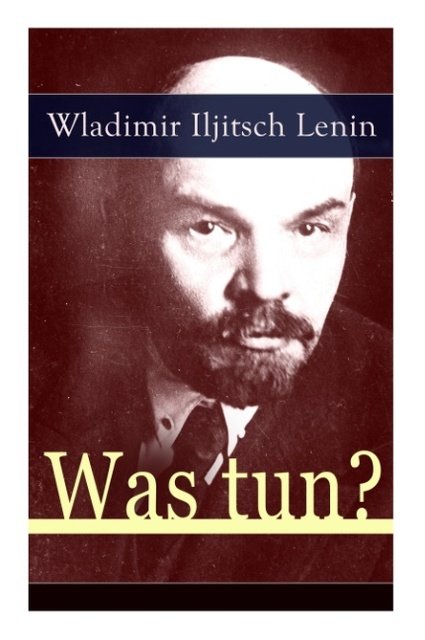"Was tun?" ist eine 1902 erschienene Schrift von Wladimir Iljitsch Lenin, die als sein Hauptwerk gilt. Darin begründet Lenin durch die Betrachtung der Zusammenarbeit von Bildungsbürgertum und Arbeiterklasse innerhalb sozialistischer Parteien die Theorie der "Avantgarde des Proletariats", die innerhalb des Marxismus-Leninismus eine zentrale Stellung einnimmt. Der Titel der Schrift bezieht sich auf den gleichnamigen Roman Nikolai Gawrilowitsch Tschernyschewskis, dessen Verfasser Lenin auf diese Art und Weise ehren wollte. Lenin (1870-1924) war ein russischer kommunistischer Politiker und Revolutionär sowie marxistischer Theoretiker, Vorsitzender der Bolschewiki-Partei und der aus ihr hervorgegangenen Kommunistischen Partei Russlands (1912-1924), Regierungschef Sowjetrusslands (1917-1922) und danach der Sowjetunion (1922-1924), als deren Begründer er gilt.


